They can afford it, but the ranks of the wealthiest Americans aren’t shoveling cash into the Republican primary battle just yet. Instead, some of the biggest names in Republican political fundraising are still on the sidelines with little more than two months before Iowa begins the nominating contests.
Part of the hesitancy comes from a genuine conflict over which candidate deserves backing and from utter confusion over Donald Trump’s consistent advantage in the polls. Some of the moneyed conservatives look at their pockets and see they could make little difference should Trump go all-in on his presidential dreams.
“You can’t outspend the guy, and even if you could, you could never out-scream him,” said one major donor to a Trump rival. “Your 30-second spot can’t trump his irresponsible rhetoric, which is catnip for cable news.”
So for all of the talk about billionaires rigging elections, some of these political oligarchs are content watching the field shake out without their checks.
Take, for instance, billionaires Charles and David Koch. They guide one of the most sophisticated political and policy operations in the country and are favorites of their wealthy friends who want to shape the United States. Charles and David are no fans of Trump—they won’t allow him to see their database on voters, for instance—but they’re also not marshaling money to oppose him. Their flagship operation, Americans for Prosperity, instead is keeping its eyes on local questions such as film tax credits, gas taxes and economic development dollars. The famed Koch brothers, advisers say, are not ready to spend to derail him.
Read More: Private Memo Details Republican Plan If Trump is Nominated
Similarly, conservative members of the deep-pocketed Ricketts family—owners of TD Ameritrade and the Chicago Cubs—have no plans to take on Trump. They were early backers of Wisconsin Gov. Scott Walker, who ended his White House bid with a plea for conservatives to coalesce behind an anti-Trump candidate. But advisers to the Ricketts clan say they’re watching Trump and expect him to do himself in without any outsiders’ help.
And Sheldon Adelson, the casino magnate, is leaning toward Marco Rubio but hasn’t yet committed a dime. His wife, Miriam, meanwhile, has a soft spot for Ted Cruz. So cash hasn’t yet flowed from their Las Vegas compound. The Adelsons spent at least $98 million on 2012’s elections, but have skated by through this year as spendthrifts.
Other typically generous donors, too, have kept a lid on political spending. The so-far lack of cash from these high-money donors suggests that they, like the rest of the country, are not quite sure what to make of the fractured GOP field—and how long Trump will dominate. Most of the donors expect Trump to fizzle as it gets closer to the actual voting.
Some donors have started to get nervous, however, that Trump so far hasn’t faded. A handful have started writing checks to a super PAC that ostensibly is backing Ohio Gov. John Kasich, but has taken on the role of leading Trump critic. That super PAC, New Day, has started airing anti-Trump ads that ding Trump for lack of experience. The group also has Trump-critical mailers ready to go out in the coming days.
Read More: Kasich Campaign Invokes Poem About Nazis to Attack Trump
Others aren’t sure any super PAC ad can derail Trump. “I don’t think going after him harshly, playing in his league, makes sense. He’s a master of it,” said John Geer, a Vanderbilt professor who studies attack ads. Because Trump is utterly unlike any previous frontrunner, he defies comparisons. “There’ve been various candidates who’ve been Teflon, but that’s because they’ve been positively viewed, but this is a different type of Teflon,” Geer said. “He is one-of-a-kind. Political science really has nothing to say about him.”
Then there’s just the simple math: Trump estimates his net worth to be $10 billion. (Forbes, however, puts his fortune at about half of that amount.) So far, Trump has not paid for television ads and has won his place atop opinion surveys based on bluster, not campaign organization. If he were to start spending, it would be tough to keep up.
“These guys don’t want to put good money after bad,” said one adviser to a rival campaign. “They haven’t seen a plan that works.”
Another fundraiser said Trump’s polling advantage leaves him “almost too big” to take on. And, even if there were a decision to destroy Trump, there’s little agreement on how it could be done. After all, most of the donors already have favorite candidates, and any effort to take down Trump would clear the way for someone else to rise. “No one agrees on the long game since they’re all backing different candidates,” the fundraiser said.
So it might be left to the voters themselves to deny Trump the party’s nomination—back the way it was decided before unlimited cash saturated airwaves and billionaires were marquee names in campaigns.
Read Next: Karl Rove Won’t Rule Out Donald Trump Nomination
See Donald Trump Hanging Out With Unlikely Celebrities
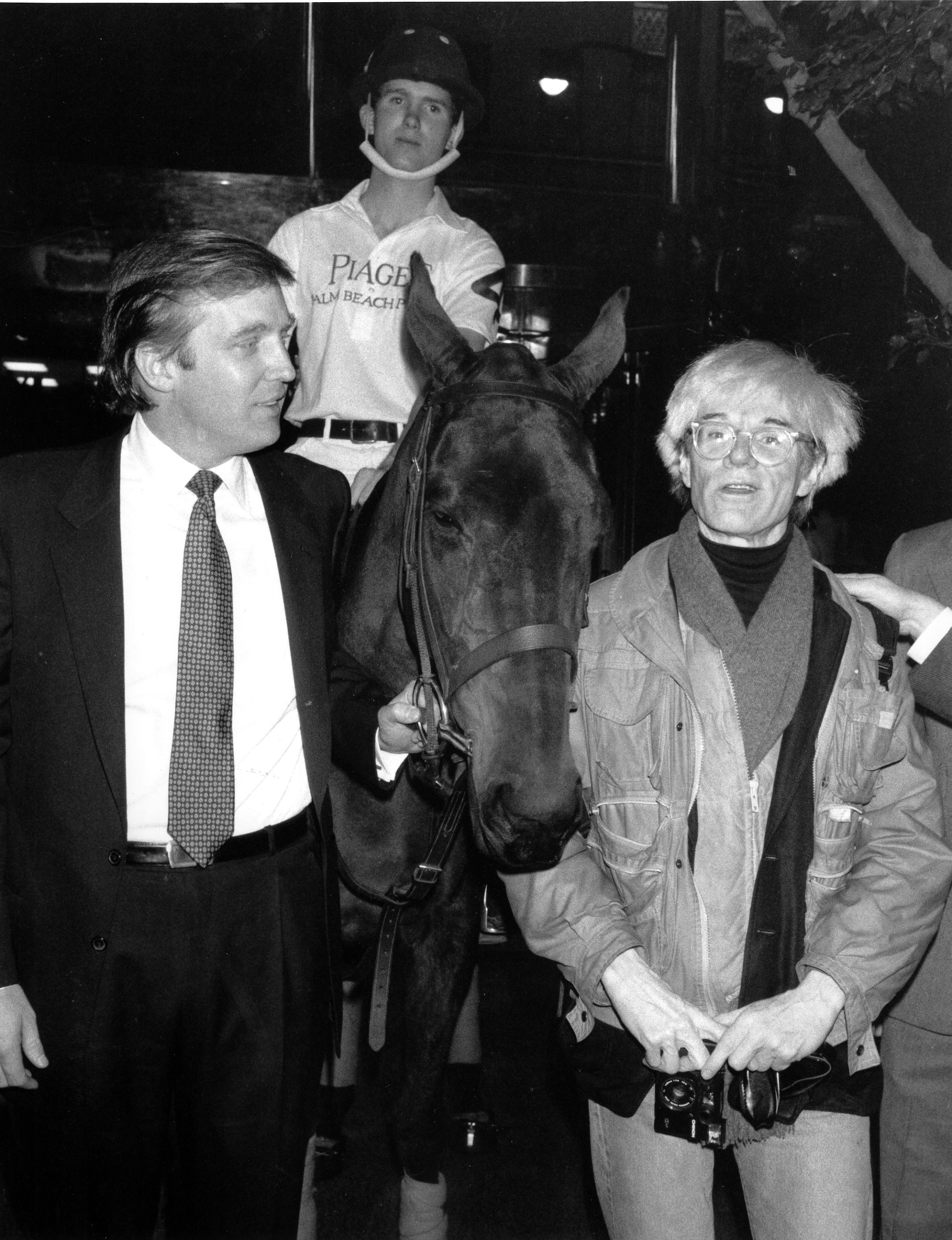
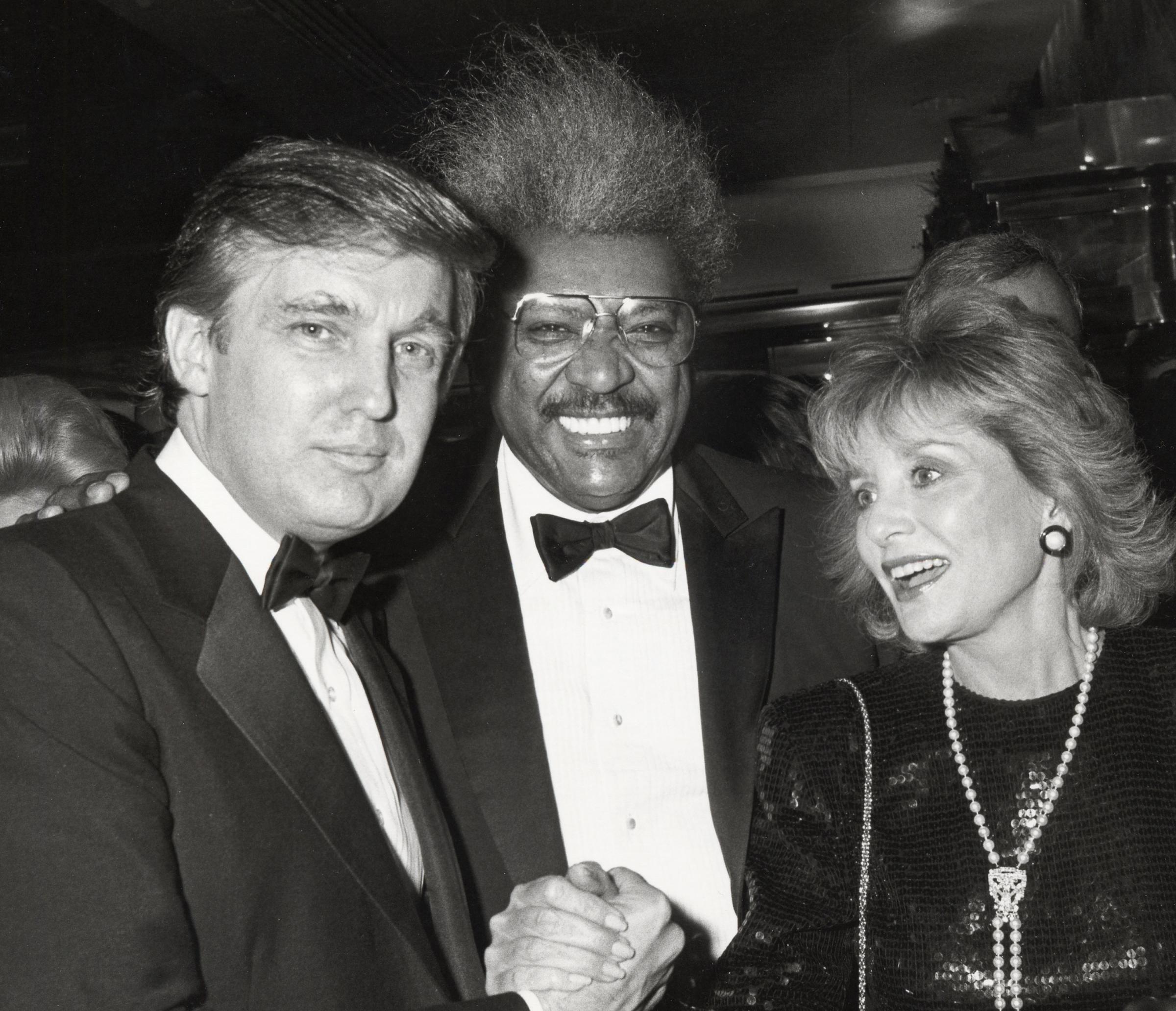
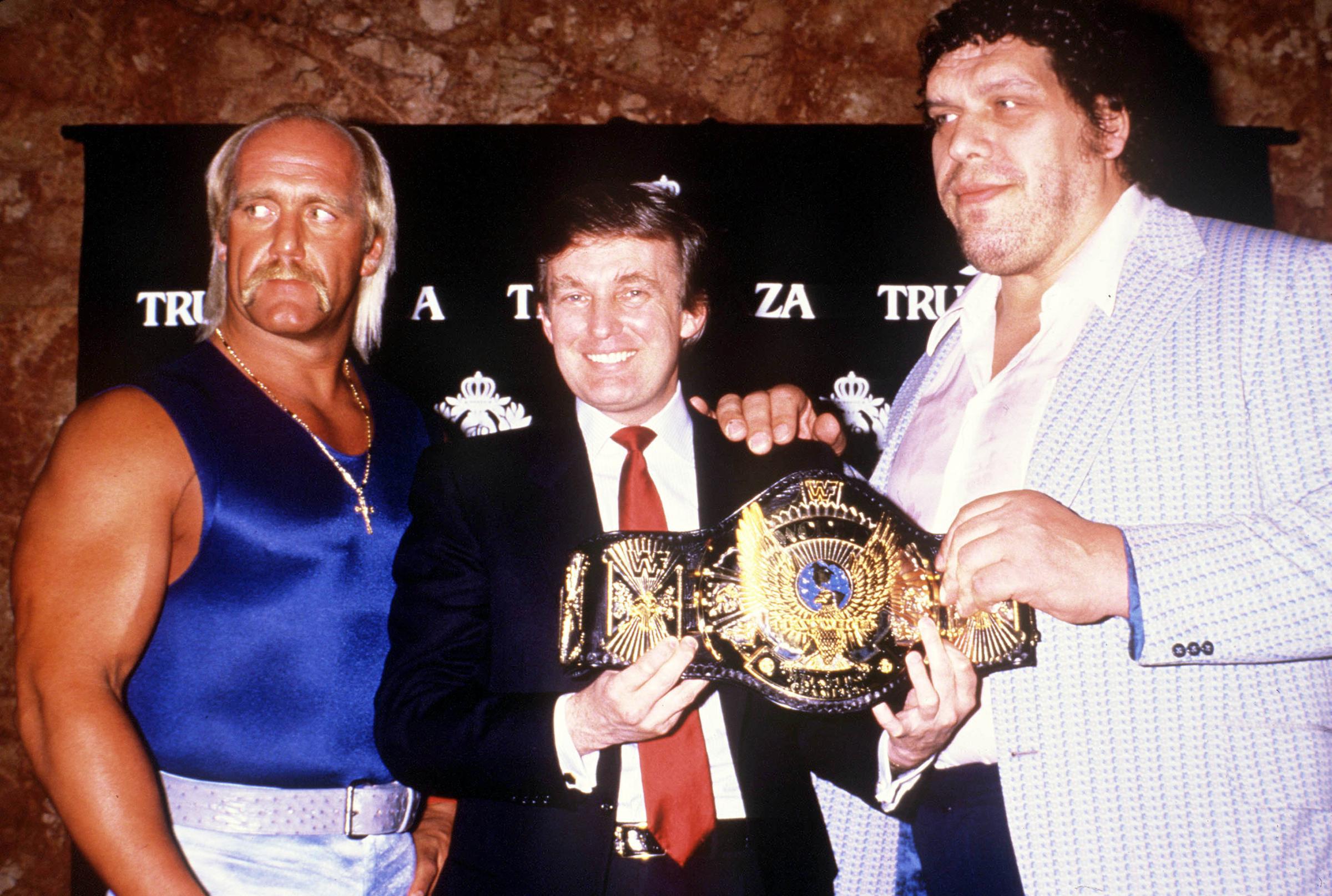
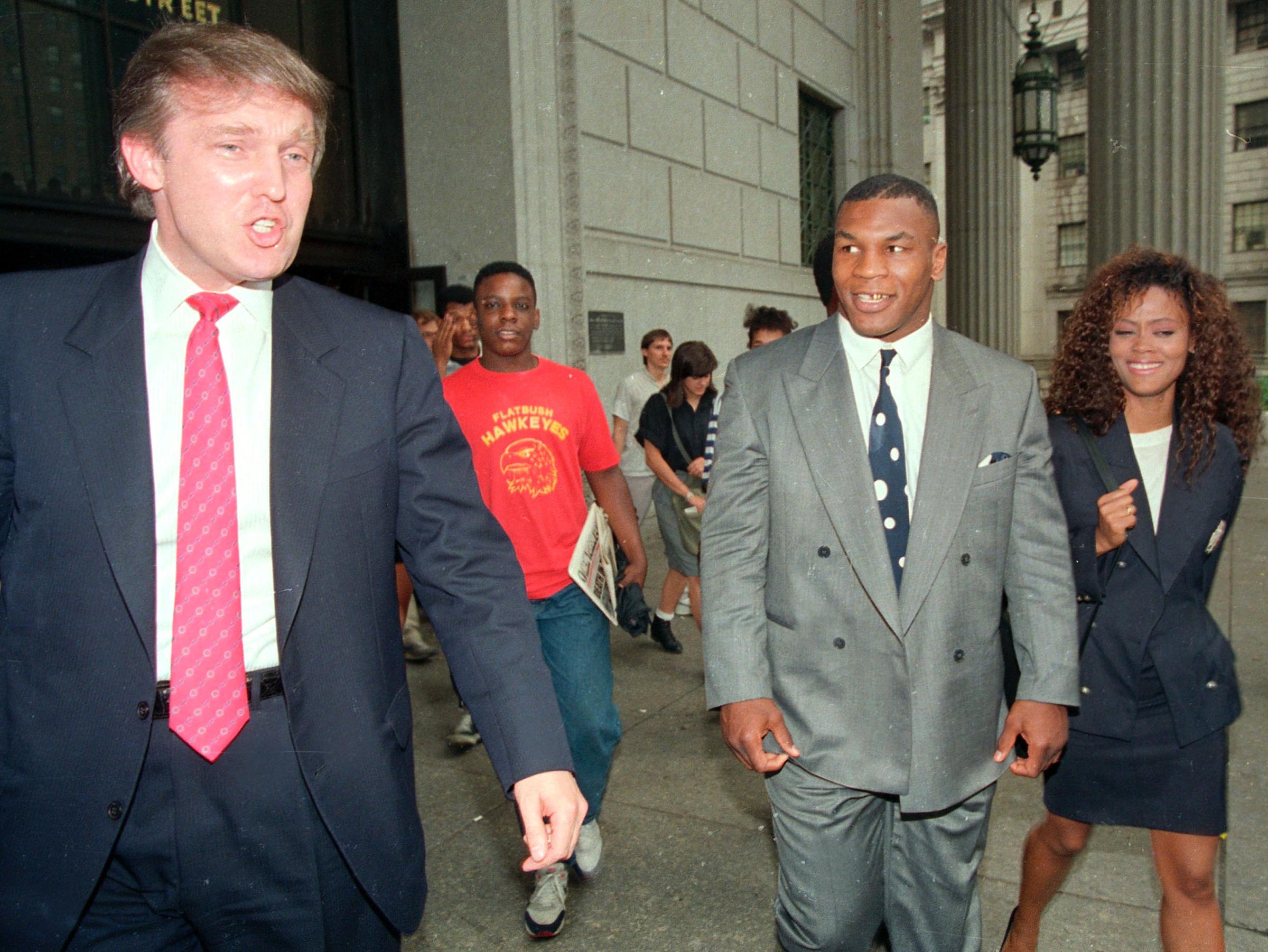
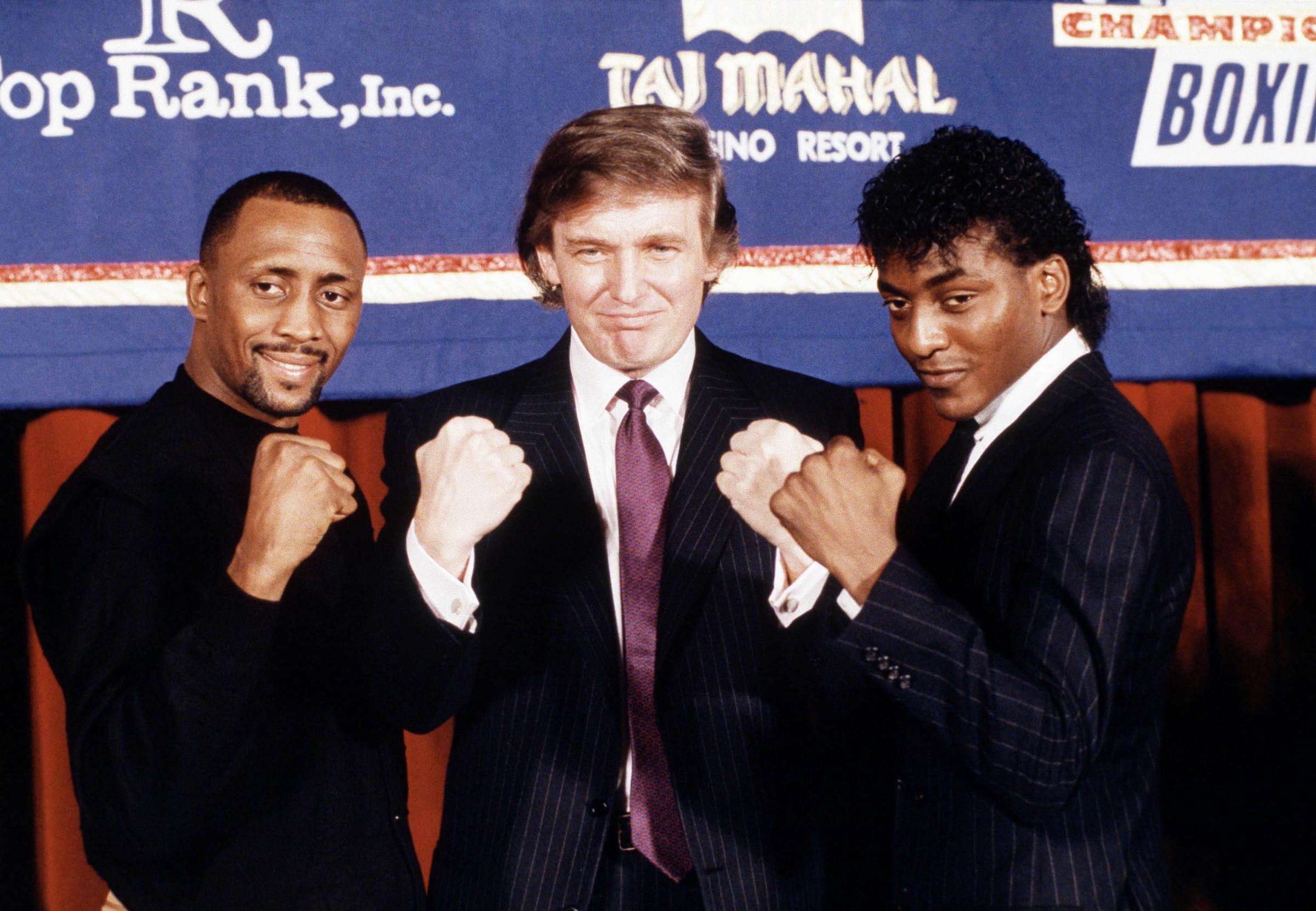
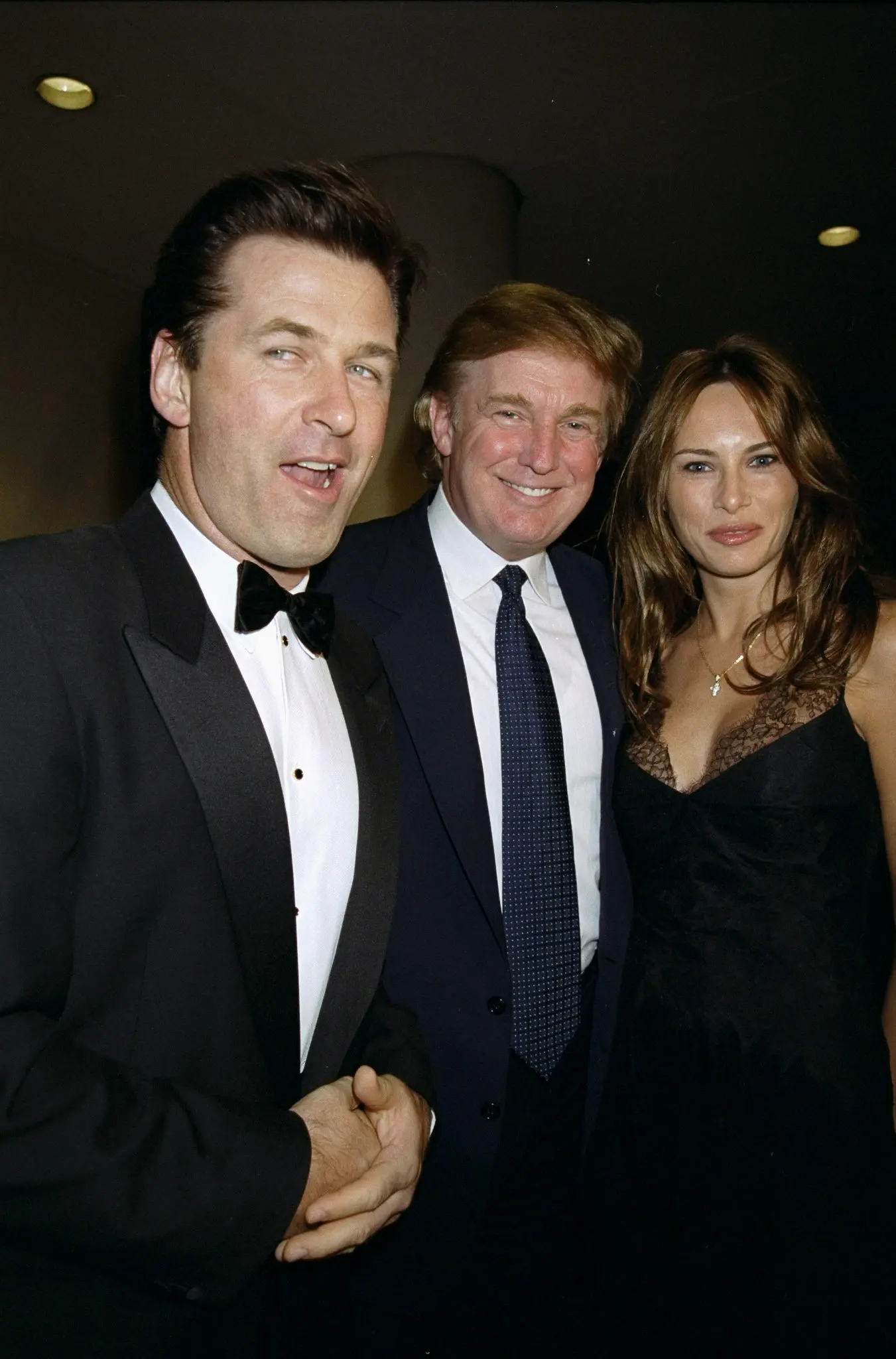
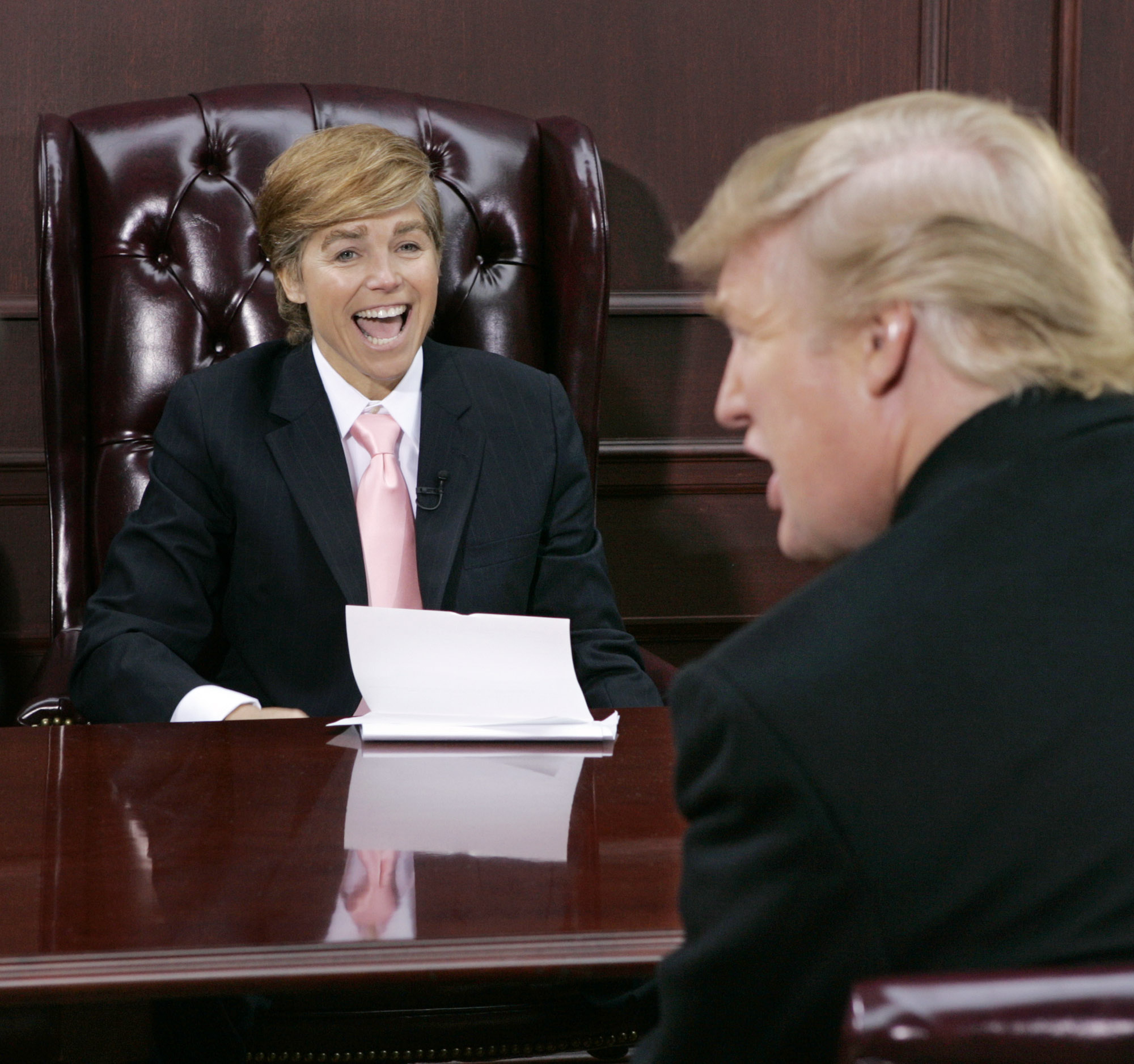
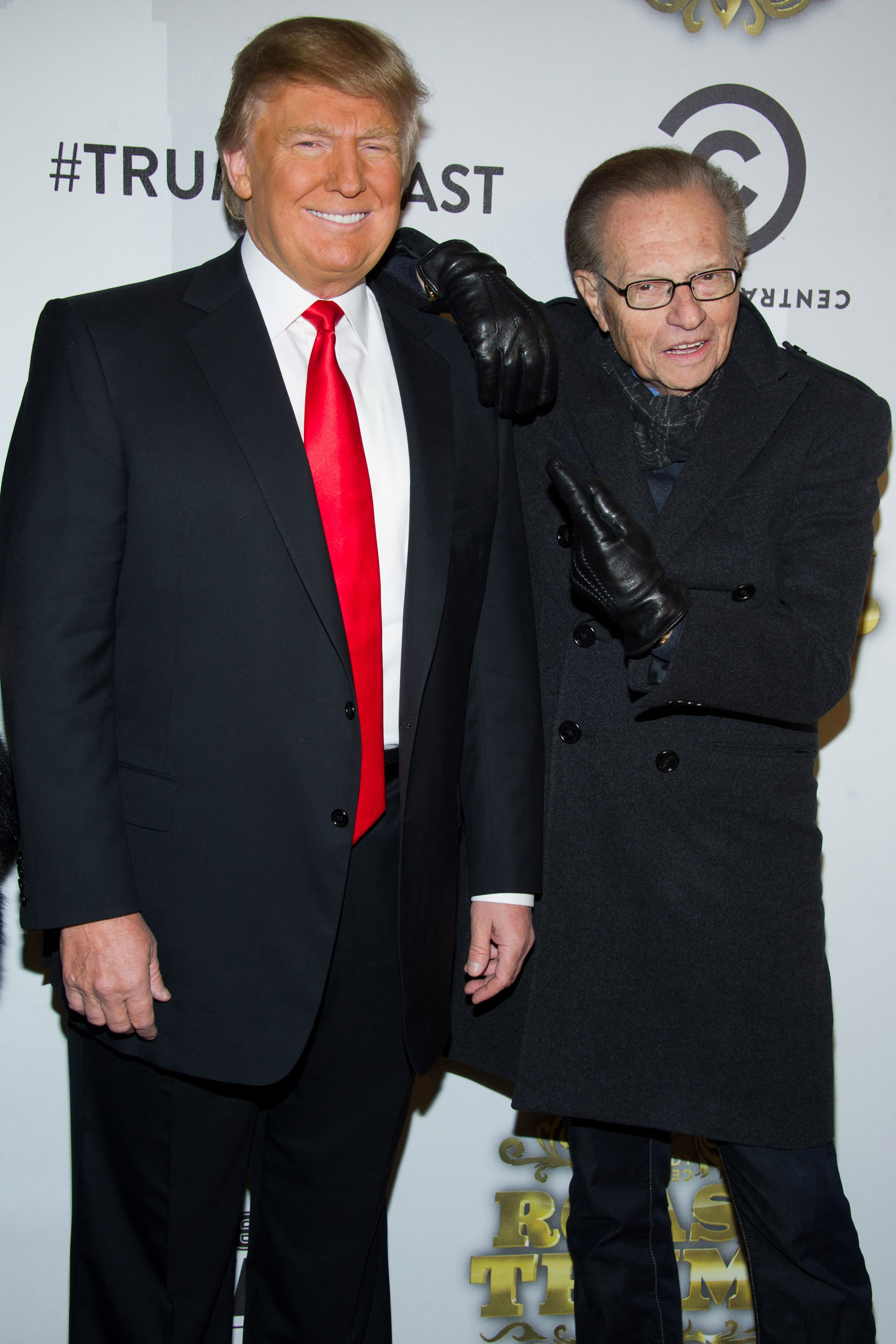
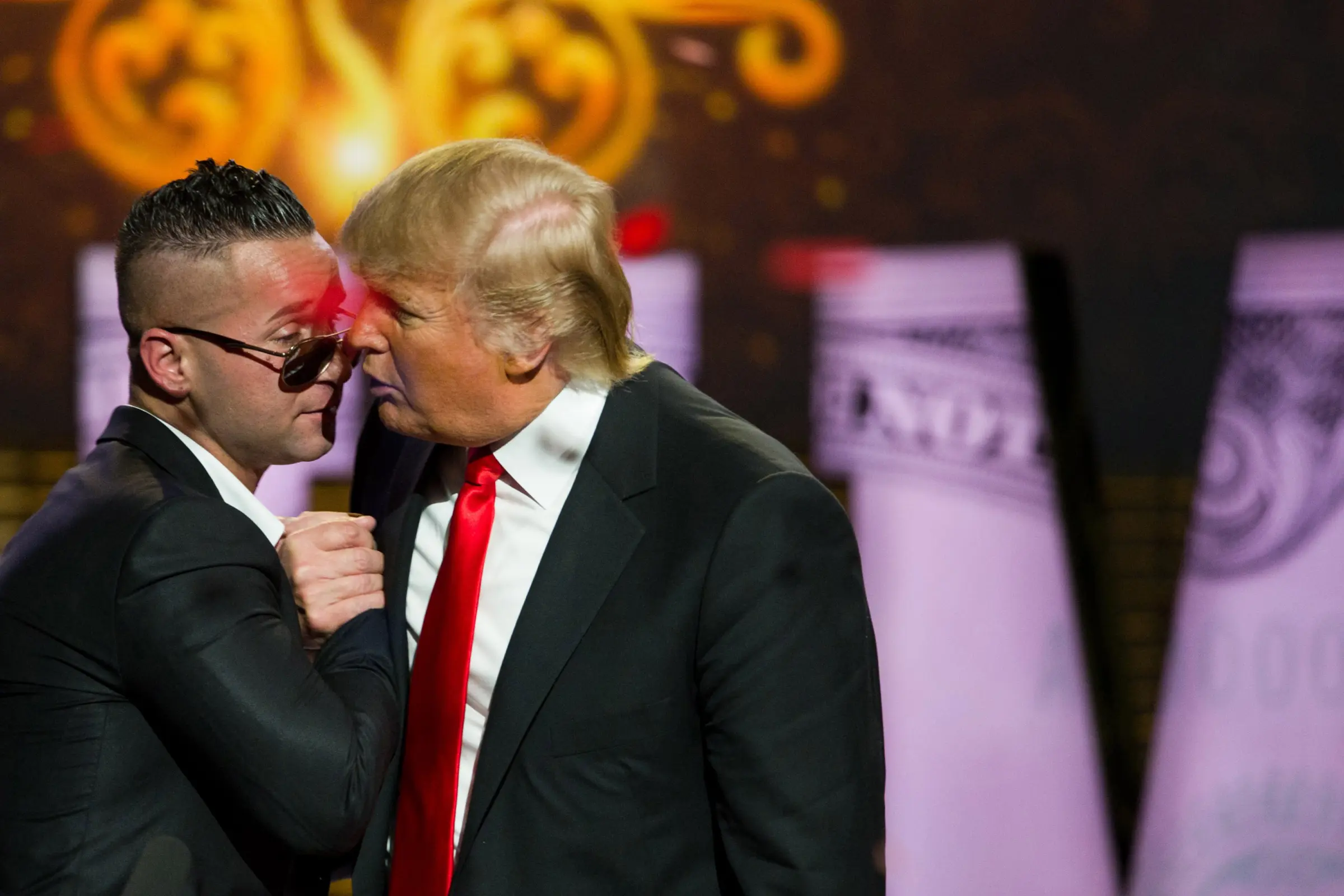
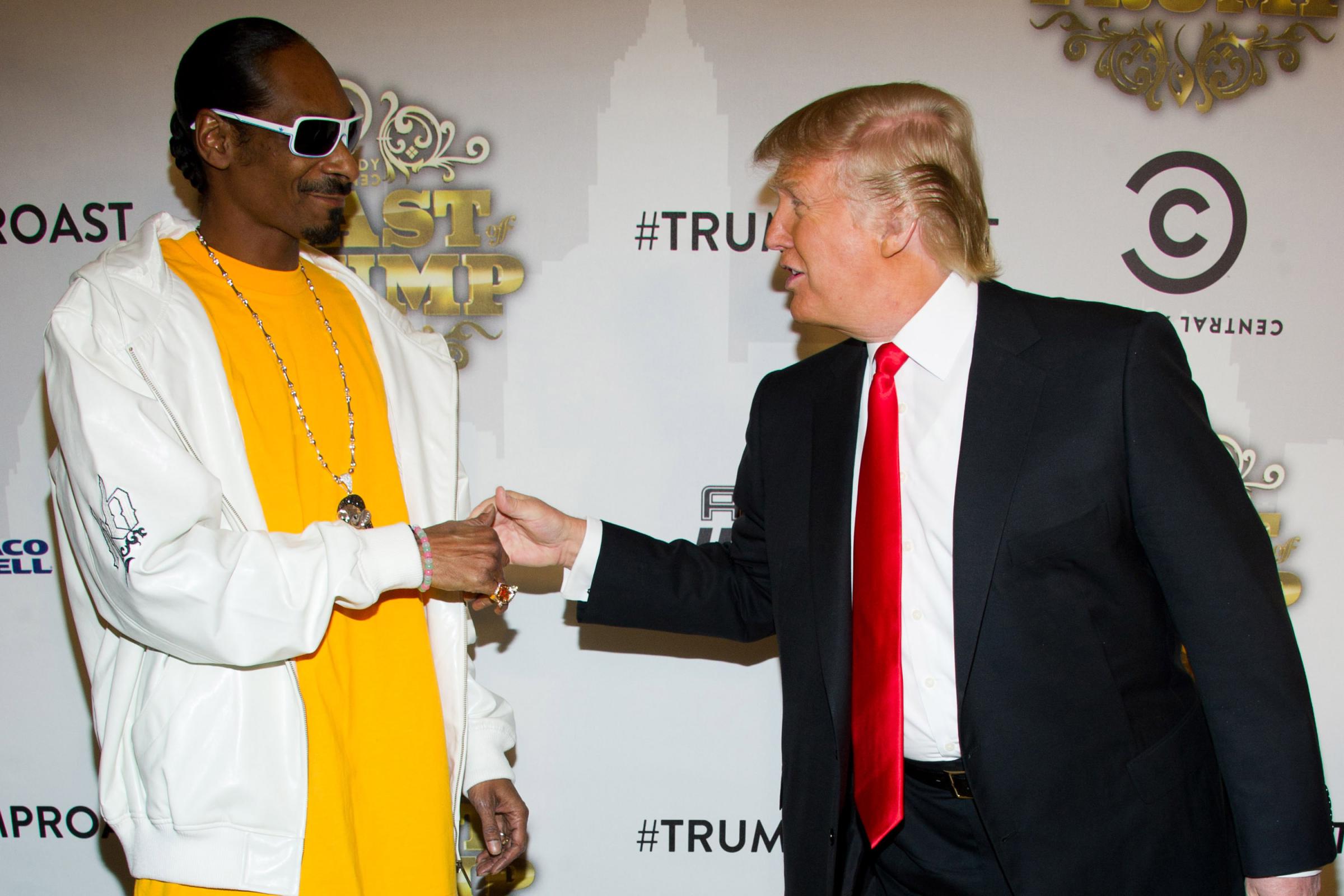
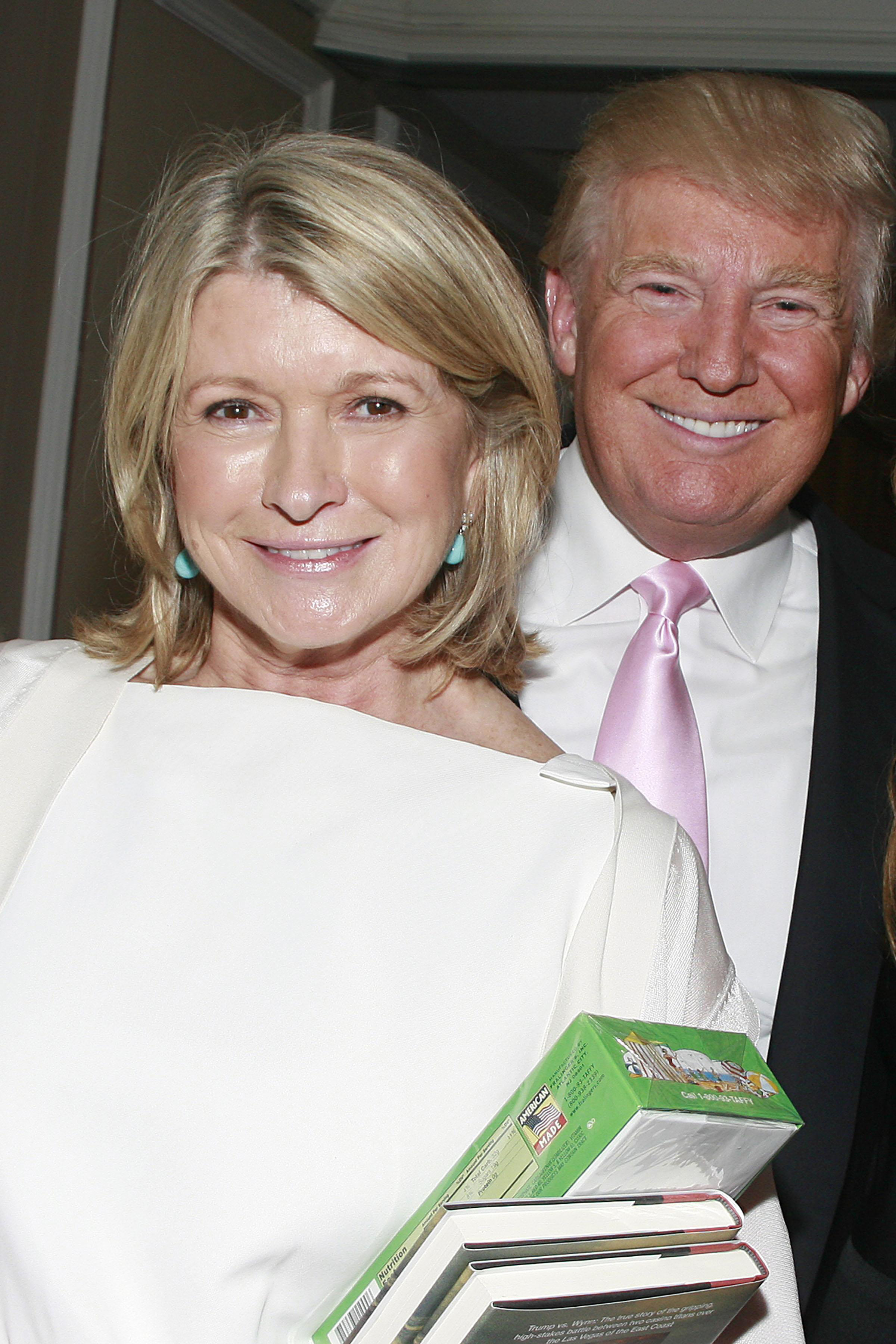
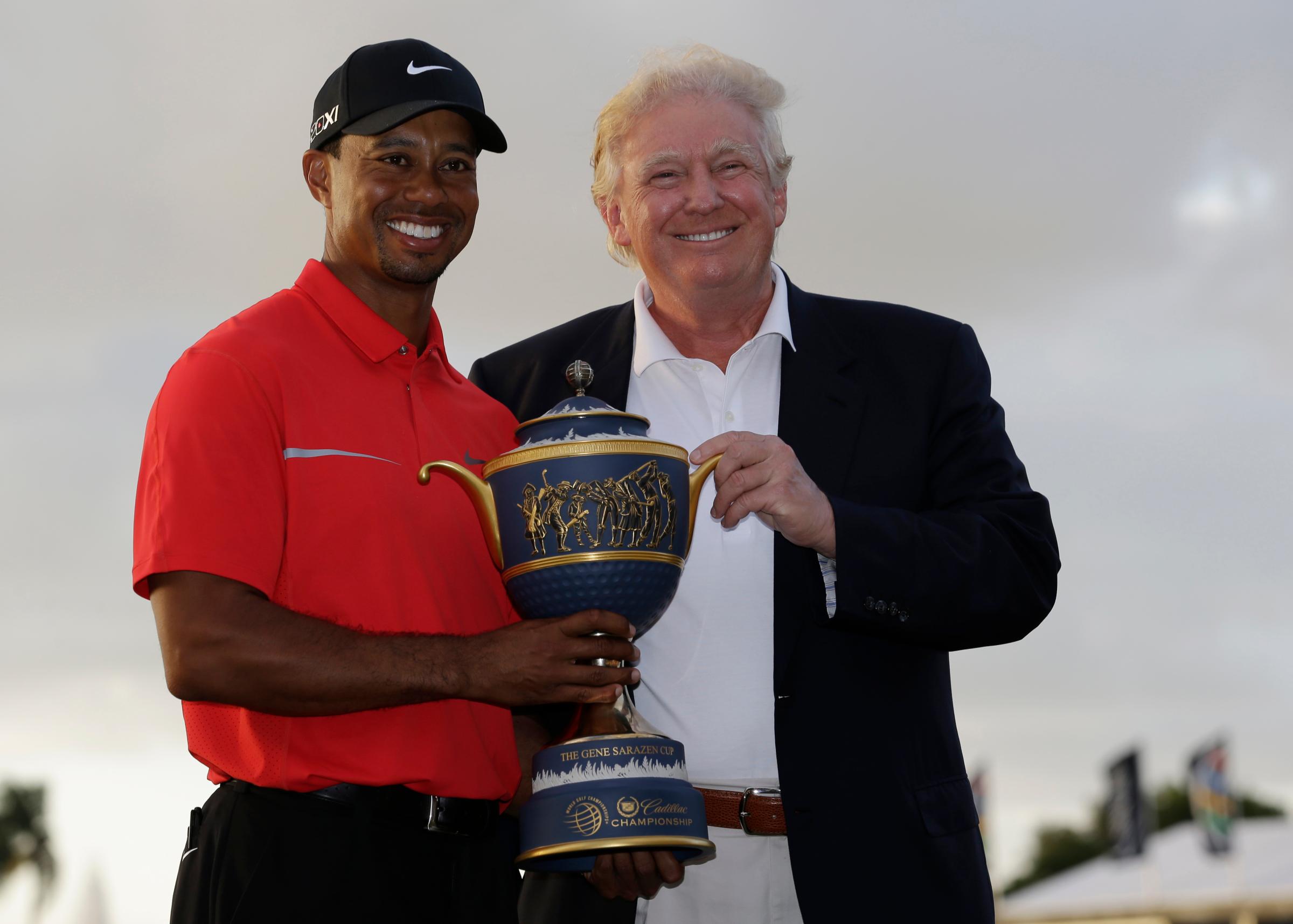
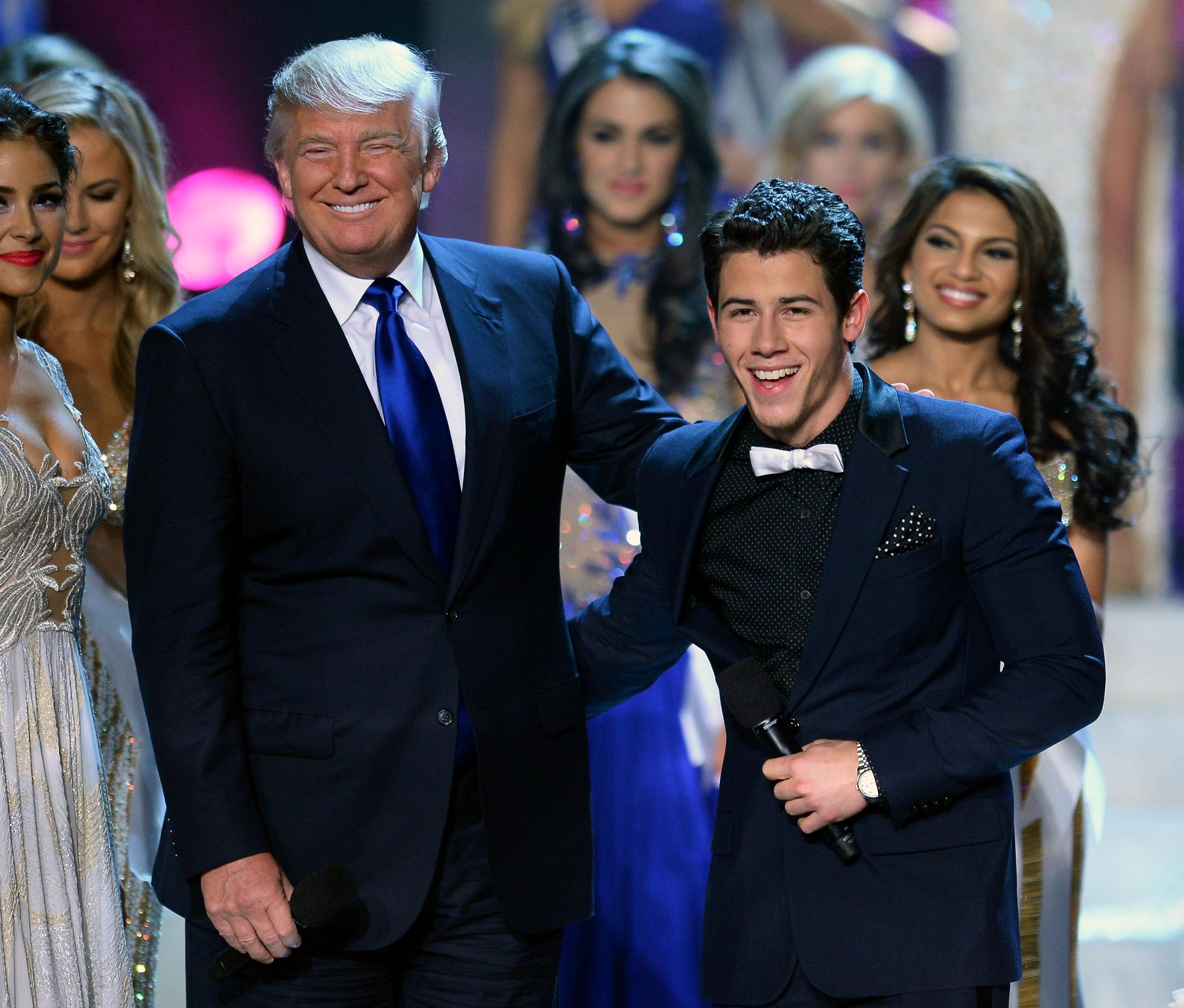
More Must-Reads from TIME
- Cybersecurity Experts Are Sounding the Alarm on DOGE
- Meet the 2025 Women of the Year
- The Harsh Truth About Disability Inclusion
- Why Do More Young Adults Have Cancer?
- Colman Domingo Leads With Radical Love
- How to Get Better at Doing Things Alone
- Michelle Zauner Stares Down the Darkness
Write to Philip Elliott at philip.elliott@time.com